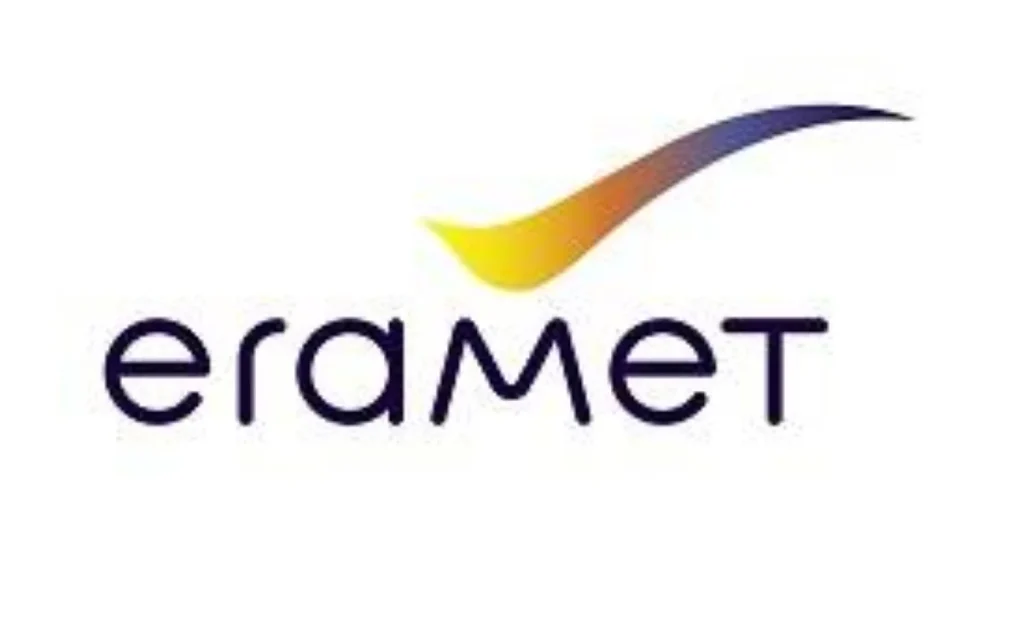French mining conglomerate Eramet has officially responded to Gabon’s recent announcement regarding banning the export of raw manganese starting in 2029.
Eramet has however signaled its willingness to continue operating in the country under evolving regulatory conditions.
In a formal statement released on Monday, Eramet acknowledged the Gabonese government’s decision regarding the ban.
However, it reiterated its intention to work closely with national authorities to ensure a smooth transition that supports sustainable economic development and protects local jobs.
Three Decades of Presence in Gabon
Eramet, through its Gabon-based mining and rail subsidiaries Comilog (Compagnie Minière de l’Ogooué) and Setrag (Société d’Exploitation du Transgabonais), has operated in Gabon for over 30 years, contributing significantly to the national economy.
The group is one of the largest producers of high-grade manganese ore globally, with Comilog accounting for nearly 15% of global output.
The company’s operations also include Setrag’s management of the Transgabonais railway, a critical transport corridor for minerals and goods in the country.
Gabon’s Drive for Local Processing and Economic Diversification
Gabon’s new export policy reflects a growing movement among resource-rich African nations to move up the value chain by requiring that raw materials be processed locally before export.
The government’s 2029 deadline for halting raw manganese exports is part of a broader industrial policy aimed at encouraging beneficiation, creating local jobs, and retaining more revenue from natural resources.
Eramet’s leadership expressed openness to aligning with this strategic direction, suggesting a possible pivot toward local processing and downstream production infrastructure.
“We welcome continued dialogue with Gabonese authorities to ensure mutual benefits and long-term development,” the statement noted, emphasizing a constructive and respectful partnership moving forward.
Implications for the Global Manganese Market
The potential restriction on raw manganese exports could reshape global trade in manganese — a vital mineral used primarily in steelmaking and increasingly in battery technology.
Gabon is the second-largest exporter of manganese worldwide, and any disruption or policy shift can have ripple effects on supply chains and commodity prices.
Analysts warn that unless processing capacity is rapidly developed within Gabon, the 2029 ban could cause short-term supply tightening, particularly for markets in Asia and Europe.
However, some experts believe the policy presents an opportunity for foreign direct investment in local smelters, alloy plants, and other infrastructure to support domestic value addition.
Commitment to Local Development
Eramet emphasized that its presence in Gabon is not limited to extraction.
The company plays a significant role in infrastructure development, skills transfer, and community projects.
Through the Comilog Foundation, Eramet has supported education, health care, and social programs in areas surrounding its mining operations.
The company’s continued operation, it argues, is vital not just for export revenues but also for the long-term wellbeing of local communities.
What’s Next?
As Gabon pushes ahead with its 2029 deadline, all eyes will be on how companies like Eramet adapt their business models.
The coming years are expected to see a wave of negotiations, feasibility studies, and joint ventures aimed at setting up local manganese processing plants.
If successful, this transformation could mark a new chapter in Gabon’s economic history, shifting from raw exports to a more industrialized mining sector — with Eramet playing a central role.























